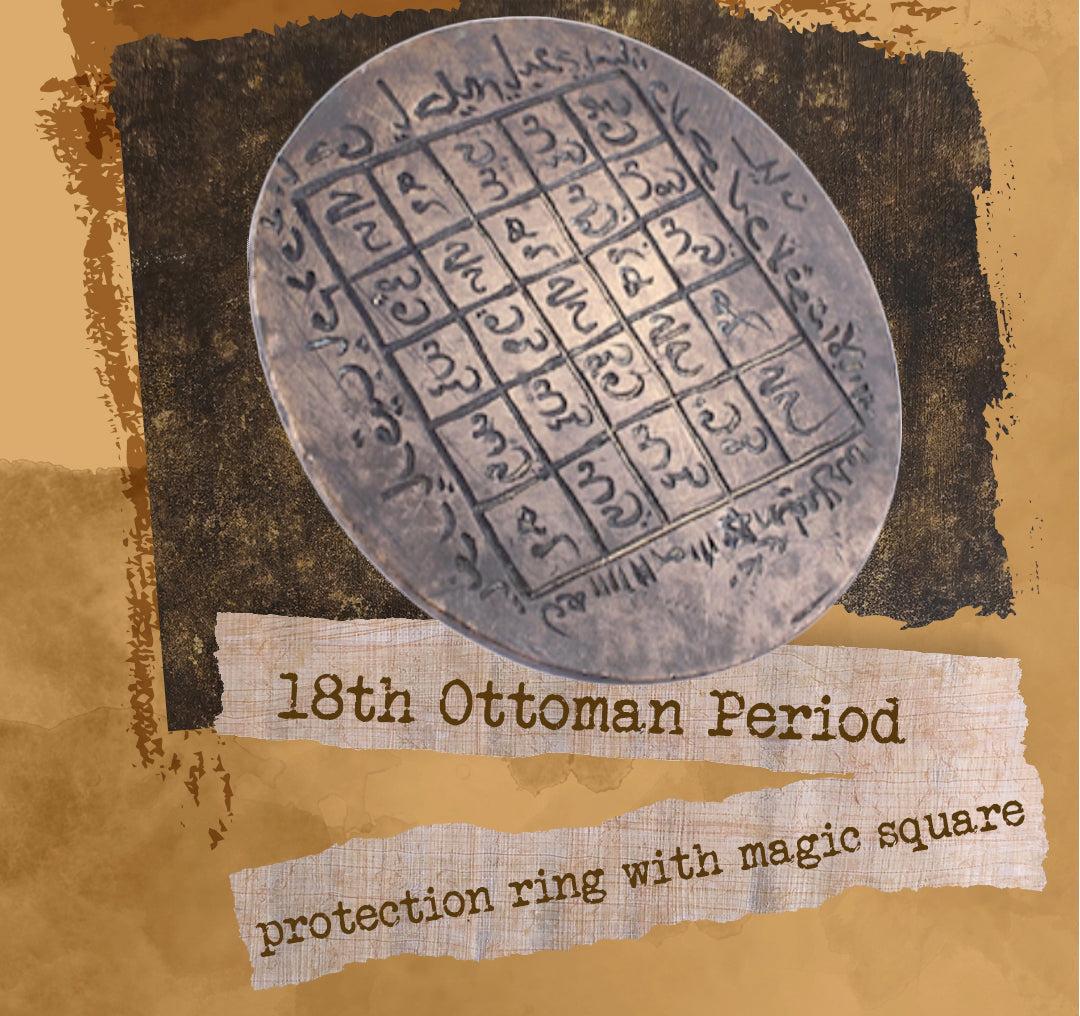
Understanding Wafqs in Islam: Mystical Symbols of Divine Aid
Share
Understanding Wafqs in Islam: Mystical Symbols of Divine Aid
In Islamic spirituality, various forms of esoteric practices are employed to seek divine blessings, protection, and guidance. One such lesser-known practice involves the use of wafqs (also spelled as "wafak" or "wafq"), which are mystical grids or numerical arrangements believed to carry spiritual power when inscribed with specific Quranic verses, names of Allah, or sacred symbols. This article explores the concept, purpose, and Islamic perspectives on the use of wafqs.
What Are Wafqs?
A wafq is a structured numerological or geometric arrangement that often takes the form of a square grid filled with numbers, letters, or words. These grids are meticulously constructed based on principles derived from Islamic esoteric sciences. The inscriptions within a wafq are selected with careful intention, typically including:
- Quranic Verses: Specific verses believed to have protective or healing properties.
- Asma’ul Husna (Names of Allah): Divine names that correspond to particular attributes of God.
- Prophetic Prayers and Symbols: Authentic supplications (du’as) and other sacred inscriptions.
The practice of creating wafqs is considered part of ilm al-huruf wa’l-a’dad (the knowledge of letters and numbers), a branch of Islamic esoteric studies that deals with the hidden meanings and spiritual energies attributed to numerical and alphabetical arrangements.
Purposes and Uses of Wafqs
Wafqs are primarily created for spiritual and protective purposes. Some common uses include:
- Protection from Evil and Harm: Wafqs inscribed with Quranic verses are used to safeguard against the evil eye, black magic, or harmful jinn.
- Seeking Blessings and Prosperity: Specific arrangements are intended to attract blessings (barakah) and increase sustenance (rizq).
- Healing and Recovery: Wafqs are believed to have therapeutic properties when created with verses related to healing.
- Success in Personal or Business Ventures: Some wafqs are made to enhance opportunities for success or good fortune.
- Facilitating Marriage or Harmonious Relationships: Designed to remove obstacles in personal relationships.
The wafq is often carried as a talisman, placed in a home, or written on paper to be dissolved in water for drinking—depending on the intended benefit and guidance of a spiritual practitioner.
Islamic Legitimacy of Wafqs
The use of wafqs is a subject of debate among Islamic scholars and jurists:
- Permissibility Based on Quran and Sunnah: Some scholars argue that as long as wafqs are based exclusively on Quranic verses, names of Allah, or authentic supplications, they can be permissible. They emphasize that belief in the power of wafqs should be rooted in reliance on Allah, not in the symbols themselves.
- Concerns About Innovation and Superstition: Others caution against wafqs, considering them an innovation (bid'ah) or a potential gateway to shirk (associating partners with Allah) if used improperly or without understanding.
Conditions for Permissible Use
For wafqs to be considered permissible in Islam, certain conditions must be observed:
- No Contradiction with Tawheed: Absolute belief that Allah alone has the power to bring benefit or harm.
- Authentic Sources: The inscriptions must be from the Quran, names of Allah, or proven Sunnah.
- Avoidance of Unlawful Practices: No use of ambiguous symbols, unfamiliar languages, or numerological practices outside Islamic guidance.
Common Examples of Wafqs
- Square of Bismillah (Tawiz of Protection): A grid with inscriptions related to the phrase "Bismillah-ir-Rahman-ir-Rahim" for protection and divine blessings.
- Magic Square of Al-Fatihah: Used for healing purposes, with each square containing letters or numerical equivalents tied to Surah Al-Fatihah.
Conclusion
Wafqs in Islam represent a fascinating blend of mysticism, numerology, and spirituality. While their use has historical roots within Islamic esoteric traditions, it is essential for Muslims to adhere to authentic guidance, ensuring practices remain within the boundaries of Tawheed and the Sunnah. Ultimately, reliance on Allah and the recitation of Quranic supplications in their pure form remain the strongest and most direct path to divine aid and protection.
